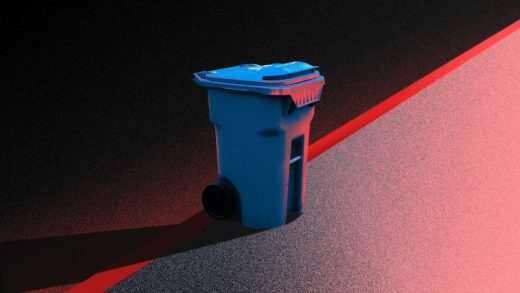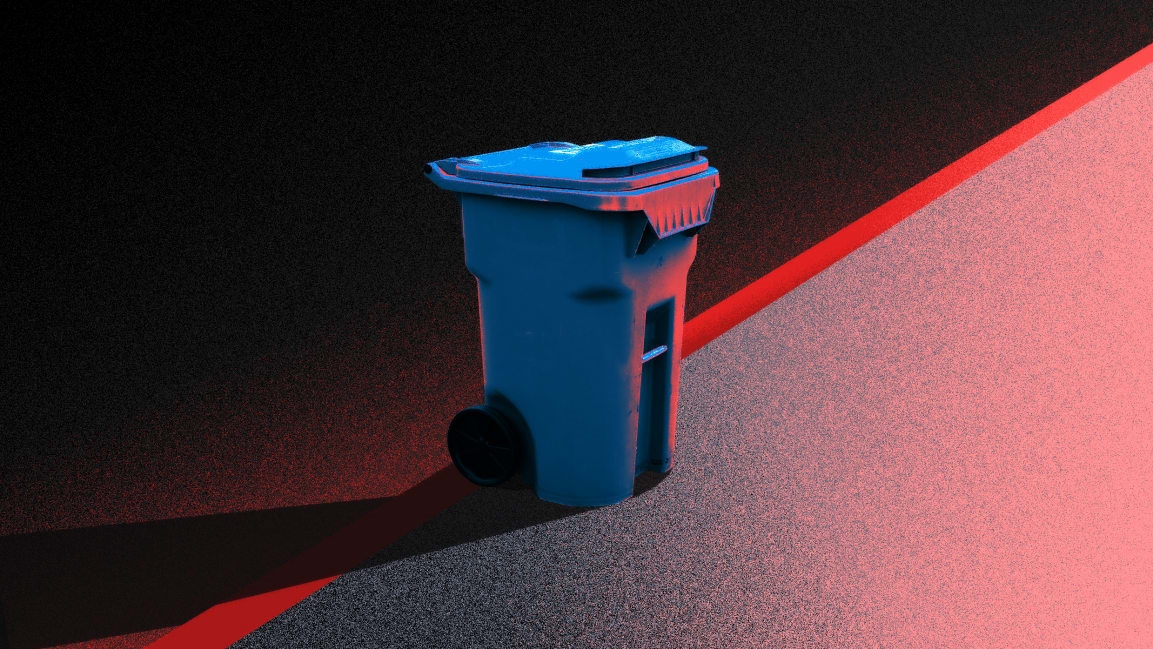Companies in Maine will now have to pay to help fix the broken recycling system
The changes made it more obvious that the recycling system is broken. But new policy in Maine may help. A new law requires brands to pay fees for the packaging they create, with the money going to local communities to pay for recycling. If materials in a package are easier to recycle, companies pay less, so there’s an incentive to redesign packaging. Reusable packaging can avoid fees.
“It’s increasingly hard for towns and cities to keep up with the costs when they’re not the ones that are producing the wasteful packaging to begin with,” says Peter Blair, a “zero waste” attorney at the nonprofit Conservation Law Foundation in Maine. “And they don’t have any control over the design of the product, how recyclable it is, and whether there’s any reduction in the amount of waste being generated.”
The policy, called extended producer responsibility or EPR, isn’t new, though Maine is the first in the U.S. to apply it broadly to packaging. Germany adopted an EPR law for packaging in 1991, and the rest of the European Union followed in 1994. Globally, dozens of other countries now have similar laws. In the U.S., EPR laws exist in some places for specific products, such as paint. Bottle bills are another form of extended producer responsibility—consumers pay a refundable fee for some bottles, and producers also pay a cost to run the program. But nothing similar exists in states for other types of packaging.
Where it’s been implemented, the policy boosts recycling rates. In Quebec, the Canadian province just over the border from Maine, a similar program sends $250 million back to communities for recycling packaging each year. Around 63% of packaging is recycled in Quebec, versus an average of 25% in the U.S., and the program hasn’t had any impact on the cost of products.
In Maine, “having the financial system could be the difference between having a recycling program and not,” says Sarah Nichols, a program director at the Natural Resources Council of Maine. As online shopping grows and piles of packaging continue to grow, many towns don’t have the budget to deal with it. But the policy could have an even bigger impact by forcing companies to make their packaging easier to recycle.
In the next step, the state’s department of environmental protection will set fees for different types of packaging. But the basic structure will involve charging companies based on the amount of packaging waste they’re creating in the state, with higher fees charged for materials that are more difficult to recycle. The fees drop when companies redesign packages for recyclability, or use more recycled content in their packaging. A new stewardship organization, which will run the program, will offer companies assistance in making packaging that works better in the system.
In some cases, companies may choose to eliminate some unnecessary packaging. “A small example: In most countries that have EPR for packaging, toothpaste isn’t sold in a cardboard box,” says Blair. “It’s just sold in the individual toothpaste container.” Other companies may shift to refillable packaging. “Single use packaging is what’s really being targeted,” he says. “So if it’s a durable, reusable product that’s exempt from the law, and that’s ultimately the way that producers can really lower the financial contributions they’re going to have to pay into the system.”
In the past, companies have resisted this type of policy. But many large companies, including Nestlé and Walmart, are beginning to call for EPR for packaging. It’s a shift from an older narrative that blamed consumers for low recycling rates, says Nichols. “Sure, people need to take individual responsibility,” she says. “But these corporations have a lot more control over the waste and pollution that we’re seeing.”
A similar bill has passed the legislature in Oregon, and other states will likely follow. “I think once the results for Maine start coming in and the success is seen, it’s going to be a very big domino effect,” says Blair.
(23)



